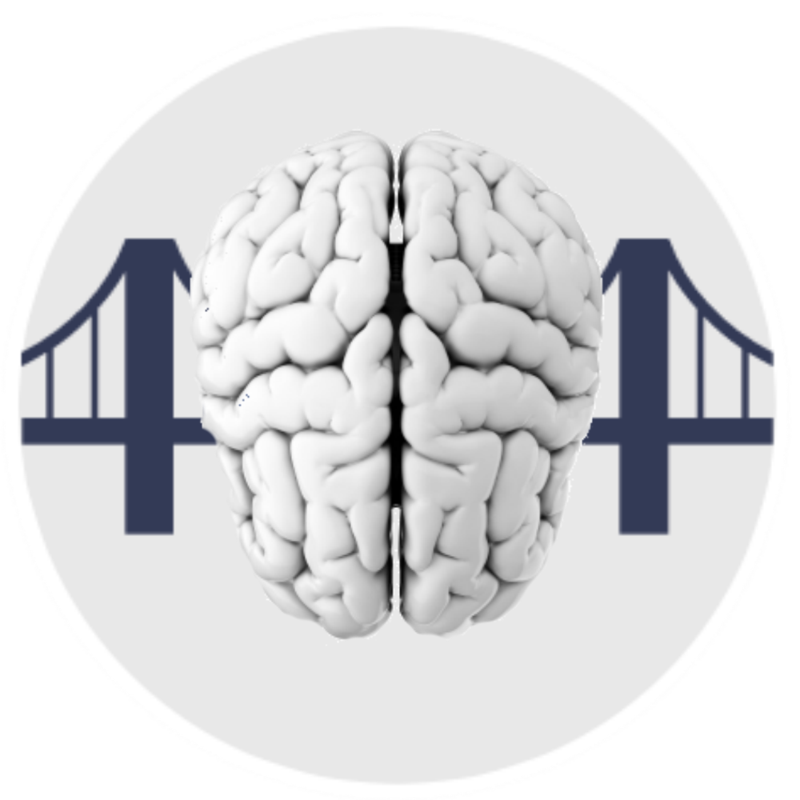Brain Bites
Post-pandemic Teaching and Learning: Recapturing Our Students
by Janet Zadina on 09/16/22
These are not the same students as before the pandemic. Are you seeing disruptive behavior, lack of focus/poor attention, or lack of effort and engagement? This often represents the next phase of this prolonged stress and trauma from the pandemic, anxiety from school violence, trauma from natural disasters due to fire and floods, and many other stressors students have experienced.
We must recapture them. We can do that by capturing their emotional brain, cognitive brain, mind, and hearts to create connection, increase attention, and foster engagement. This is a new talk that has been very well-received as we try to move away from a focus on anxiety and stress alone and move toward a more positive future.
In this brief article I will share with you one goal that reduces stress and improves achievement - increasing enjoyment. A way to increase enjoyment that also raises achievement is by increasing engagement. I will share with you three key concepts that reduce stress and increase engagement. I call them the Three C’s.
· Control: Give students some feeling of control. No, they aren’t in charge. What we are going for that has been shown in research studies to increase motivation and achievement is perceived control. If the student believes that they have some control over the learning process, they do better and they learn to take control over their own learning. When students believe that they can learn the material, they do better. Present students with learning strategies and ask them to experiment and choose the strategies that work best for them so that they can take control of their learning. Talk about this issue with them. Ask “how did you take control over learning this material?” When you put them in groups, let them take control over assigning roles and how to approach the task.
· Choice: One way to increase a sense of control is by offering learners choices. What if you took the test that you just wrote and added some more questions and grouped them and offered them a choice of answering 4 of these 5, for example. Of course, there will be some questions without any choice. Can you offer them homework options? (See my other blog on homework menus.)
· Challenge: When a task offers the appropriate level of challenge, it creates engagement. In fact, appropriate level of challenge is a key factor in the experience of flow¸ considered one of the most pleasurable and engaging states of mind. That is the state in which you lose all track of time. However, it is a challenge to create the right level of challenge! We must walk the line between boredom and anxiety. If the task is too hard for the individual, it creates anxiety; too easy, it creates boredom. Think about when you choose a jigsaw puzzle. Ten pieces, boring. 1000 pieces, frustrating. As skill goes up, the challenge increases.
For more about this talk go to http://www.brainresearch.us/blog.html?entry=engaging-the-cognitive-brain-the1. To inquire about a presentation on this or other topics, go to http://www.brainresearch.us/invite.html


